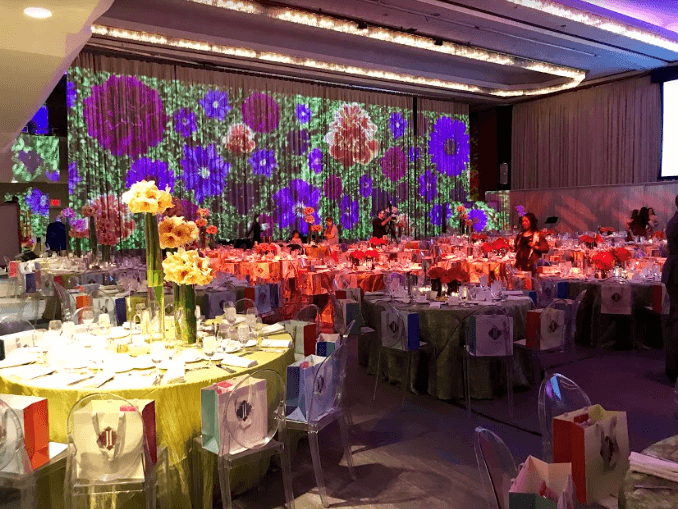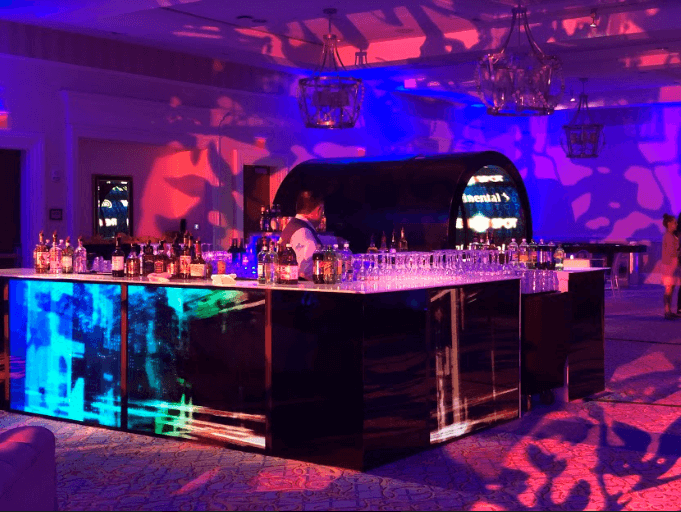Event Planning Vs Event Management

One of the most frequently asked questions in the event planning industry is, “Event Planning and Event Management are the same thing, right?” Well, not necessarily. Although event planning and event management go hand in hand in order for an event to be successful, they are different in terms of the roles they play.
What is Event Planning?
Event planning, in simpler words, is everything that is done prior to the day of your event. Event Management, however, is the coordination and operations of the event the day it's happening. Event planners create guest lists, assist in venue bookings, help the client choose a theme, and tailor the party to the clients budget. Event planners also oversee the department to ensure all hands are on deck and all needs are met prior to the date of the event. Booking the venue means that the event planner uses their skills to find a place that is a perfect fit for the client’s budget and a good atmosphere relevant to their special occasion. It is important to keep in mind that many venues do not offer an event planner, so if you are someone looking for one, inquire with your venue first whether or not event planning services are included in your event.
Helping the client in choosing a theme is known to be one of the most exciting parts of planning an event because that is where your creative skills can come to life. It is a very rewarding feeling being the creative force behind a successful event. Some of my personal favorite themes for social events are ones aligned with the nearest holiday, for example: Christmas, New Years, and Halloween. Other fun theme ideas are the ones that replicate the past: 50’s, 60’,s 80’s theme parties are a great way to bring back the old days and dress up! Also, working on the budget hand in hand with an event planning guide with the client is probably the most important sector of the entire industry. While some clients may have room to spend a little more, others may not, and it is your job as the planner to ensure quality and consistency down to the last dollar spent. Also, communicate with your client to see where the money will be spent. If he/she wants to invest more into flowers, put your effort towards creating beautiful centerpieces, or if the client prefers for the invitations and seating chart to be more lavish, for example. Forming that bond of trust with your client and rapport will open the door to future business, good reviews, and the potential to work again in planning another event.
What is Event Management?
Event Managers have different responsibilities than an event planner, because the manager facilitates all the operations the day of the event, ensuring all tasks are done in a timely and efficient manner. Managers curate the program strategies, act as the main point of contact for approving all orders and staying within budget, and manage the data, software, assembling and dismantling of all audio/visual and interactive equipment. As a manager, it is your responsibility to be up to date with your facilities and tech equipment so all the pieces are working properly the day of your event. Troubleshooting your inventory and equipment is also important to do a week and a day before the event. Most people that work in event management starts off in event planning, and work their way into understanding the on-site and operational aspect of the event.
Understanding event equipment is a major piece of the puzzle in both event production and event management. Many large-scale, high budget parties will either rent or purchase customized equipment to tailor to their needs. Some of these services include virtual reality technology, smoke machines, lighting machines, interactive games, LED dance floors, video mapping, photo booths, and arcade games.
How Do Both Work Together?
As previously stated, it is vital that both departments work together to maximize profits and the outcome of the event. Event managers work hard on optimizing the outcome and having all equipment in place. More than less, managers work on the entertainment and social end of events, although event management plays a large role on corporate events too. Event planners are needed for both kinds of events. It is important that both public and interpersonal communication skills are at its peak in all planning and production companies. One team cannot carry the weight of another managers responsibilities. Event planning is a people business, and the most vital part is having your clients be satisfied with your work.
A great way for both departments to stay balanced is to keep shared files and spreadsheets of each step of the planning process. Keeping shared documents of photos, how the venue is coming along, and any issues or discrepancies on file at all times keeps everyone in the loop on where their concerns should be and what needs to be finalized before the event date. Also, staying current on all media platforms allows both departments to stay in the know with new projects. Weekly and monthly team meetings to touch base on where everyone is along their planning process is essential. Google docs, excel spreadsheets, and content calendars can help all hands stay on deck while there are multiple projects being managed.
Both event planning and event management make for wonderful, hardworking careers. Depending on where your skill sets and interests lie, you can see what kind of job you would excel better at. If you are someone who enjoys being on the scene, on the go, and hands on with new and fun technology, management may be a better fit for you. If you are detail oriented, enjoy planning events and guides, and enjoy working with clients, managing budgets, and bringing creative visions to life, event planning is your calling!

